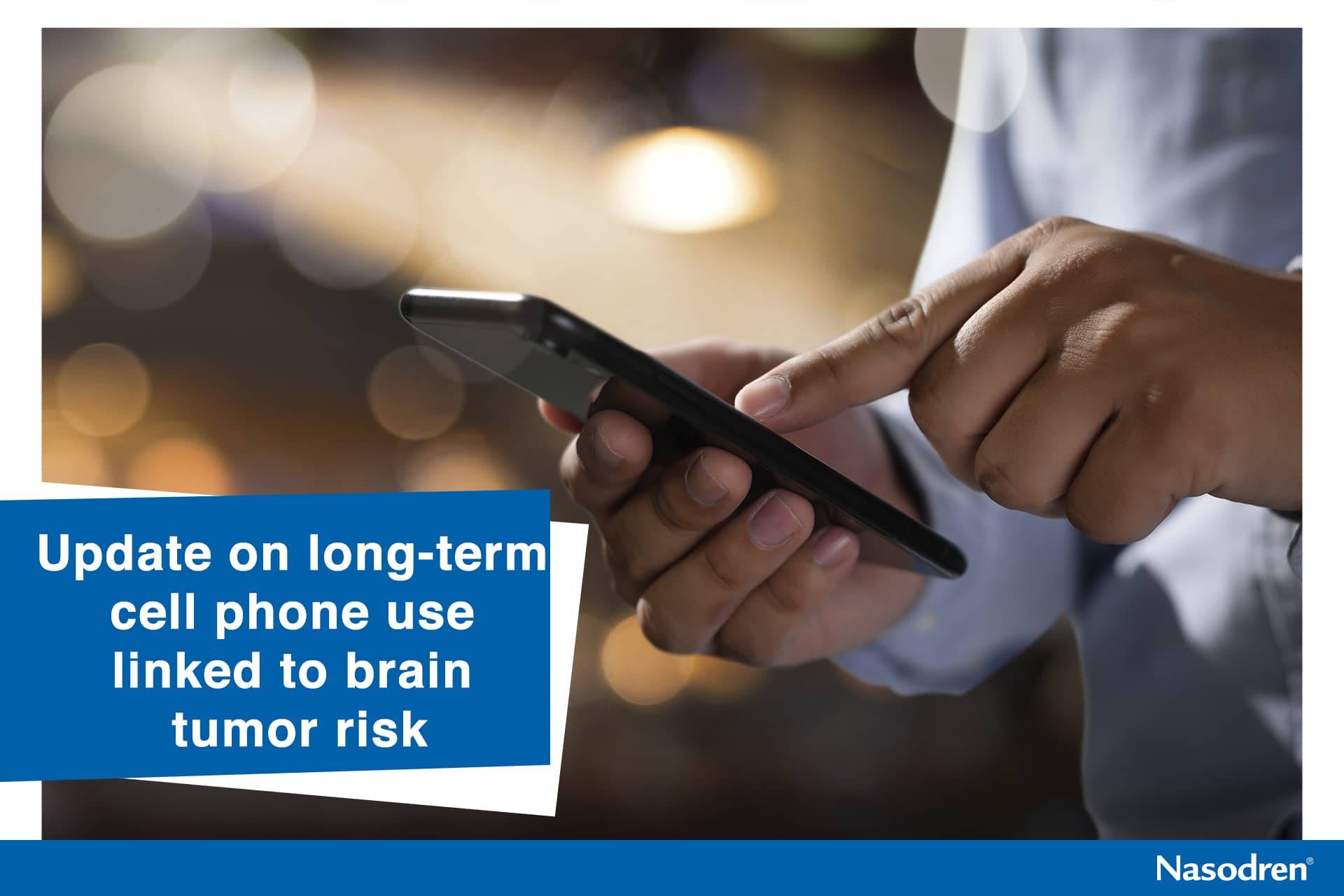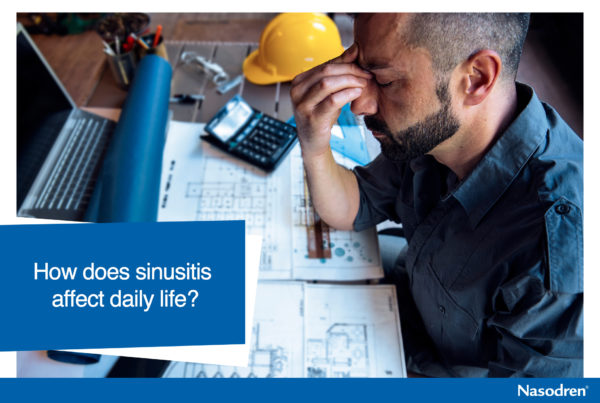Since cell phones are affordable for most people, their long-term use has been linked to traffic accidents (regardless of using a “hands-free” kit), interference with human relationships, and to health issues: eye vision problems, illnesses in the immune system (due to germs), increased stress levels, higher risk of chronic pain due to inflammation of finger joints and back pain and also to brain cancer. A few studies have also looked at possible links to other types of cancer, such as skin cancer and testicular cancer.
Because of the recent popularity of mobile phone use among younger people, and therefore a potentially longer lifetime of exposure, further research is warranted to understand better the risks of cell phones for health and how to prevent these.
It has to be kept in mind that, in theory, children have the potential to be at greater risk than adults for developing brain cancer from cell phones. Their nervous systems are still developing and, therefore, more vulnerable to factors that may cause cancer.
It has been reported other health effects of using mobile phones including changes in brain activity, reaction times, and sleep patterns. These effects are minor and have no apparent health significance. More studies are underway to try to confirm these findings.
What do expert organizations conclude so far?
Most organizations involved in health in general and cancer, in particular, agree about cell phones that there could be some risk associated with cancer or other health problems, including headaches, dizziness, or memory loss. Still, the evidence is not strong enough to be considered causal and needs to be investigated further.
So, research goes on, and a study published a few months ago, which included people from 18 to 80 years, shows that the risk for glioma, the most common type of brain tumour, was tripled among those using a wireless phone for more than 25 years and that the risk was also greater for those who had started using mobile or cordless phones before the age of 20.
Researchers of this study recommend physicians inform patients and discuss precautions with them, such as reserving cell phones for shorter conversations or when a landline phone is not available, using hands-free phones with the “loudspeaker” feature, and text messaging instead of the phone.
Finally, it is difficult to deny that cell phones make communication easier and are extremely useful on many occasions, but once overused or abused, even good things become harmful.









